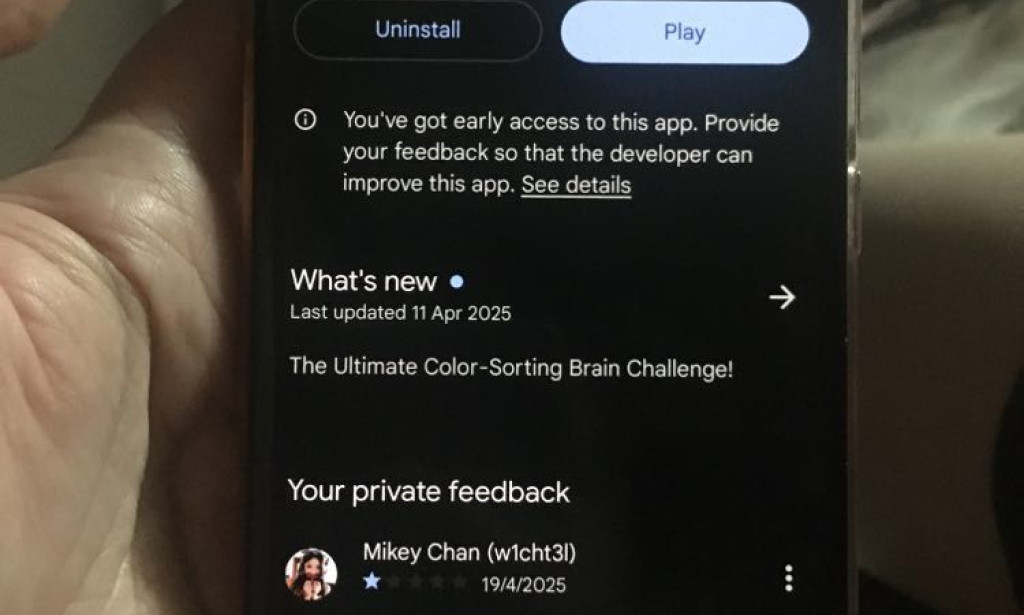Summary
The “Flexible card” scheme you described—requiring participants to “go $200” before earning any payout, then paying only 0.65 % on every $100—bears all the hallmarks of a high‑risk investment scam rather than a legitimate financial product. There is no credible company, CEO, or official website matching this model; the only similarly named products are either business credit cards (Flex by Flexbase) or Medicare Advantage benefits, which operate under completely different terms and regulatory frameworks. Key red flags include unrealistic returns, upfront payments with no verifiable service or product, lack of regulatory registration, and no verifiable leadership or corporate records. Such schemes typically function as Ponzi or pyramid schemes, using new participants’ funds to pay earlier ones, which is unsustainable and illegal.

1. What “Flexible card” Is Not
1.1 Flex by Flexbase (legitimate fintech)
- Flexbase Technologies, Inc. (d/b/a Flex) is a Miami‑based fintech providing business banking, expense management, and a Net‑60 credit card for small businesses, backed by investors like Home Depot and Wellington Management.
- Founder & CEO: Zaid Rahman, a Thiel Fellow and serial entrepreneur, leads Flex from its Miami headquarters.
- Model: Businesses apply, pass credit checks, and get transparent fees and payment terms—nothing like “pay only after earning $200” or 0.65 % payouts.
1.2 Medicare Advantage Flex Cards (prepaid benefits)
- Some Medicare Advantage plans offer “flex cards” as pre‐loaded debit cards for healthcare‐related expenses (e.g., groceries, utilities).
- Eligibility/Use: Funds are loaded by insurers based on plan allowances, with strict vendor and usage rules—not contingent on earning thresholds or fixed return percentages.

2. No Verifiable “Flexible card” Scheme Found
A thorough web search yields no registered company, no CEO profile, no regulatory filings, or independent reviews matching the described payout model. This absence of any credible footprint online is itself a glaring red flag indicating the offer is likely fraudulent.
3. Key Red Flags of Scam Schemes
-
Upfront Payments Without Verifiable Services
Legitimate financial products require credit checks, regulatory oversight, or clear product offerings. Demanding $200 to “unlock” earnings without any service is a classic ploy in pyramid schemes, where returns come solely from recruiting new participants. -
Unrealistic Returns & Too‑Good‑to‑Be‑True Claims
Promises of high or guaranteed returns (e.g., paying out $100 for just $0.65 in fees) should trigger immediate skepticism. As Investopedia advises, “If an investment opportunity sounds too good to be true, it probably is.” -
Lack of Regulatory Registration
All genuine investment or financial service providers must be registered with bodies like the SEC, FINRA, or relevant banking regulators. No records exist for a “Flexible card” scheme in any regulatory database. -
Anonymous or Nonexistent Leadership
Legitimate companies prominently list their executive team, board members, and address. Here, there is no verifiable CEO or corporate address, in contrast to Flex (Miami) or recognized Medicare insurers. -
Reliance on Recruitment
Schemes that emphasize recruiting friends or downlines over selling actual products/services are generally pyramid schemes. The FTC warns that “if the money’s in recruiting and not in product sales, it’s likely a pyramid scheme.”
4. Ponzi vs. Pyramid: Which Is It?
- Ponzi Scheme: Early investors are paid from new investors’ funds, under the illusion of real profits.
- Pyramid Scheme: Participants pay to join and recruit others, earning commissions on new sign‑ups.
The “Flexible card” model—where you pay first ($200), then purportedly receive payouts funded by subsequent deposits—shares elements of both. Either way, such a structure is illegal and collapses when recruitment stops.
5. Steps to Protect Yourself
- Cease All Payments: Do not send any more money.
- Verify Registration: Check with FINRA BrokerCheck or your country’s financial regulator.
- Report to Authorities: File a complaint with the FTC, SEC, or local consumer protection agency.
- Warn Others: Share warnings on social media or community forums to prevent further victimization.
6. Conclusion
Given the absence of any credible evidence, the outrageous payout structure, and multiple classic scam red flags, the “Flexible card” opportunity is almost certainly a scam—potentially a Ponzi/pyramid hybrid. If you’ve sent funds, take immediate action to report and recover what you can, and avoid any similar “too‑good‑to‑be‑true” offers in the future.


You must be logged in to post a comment.